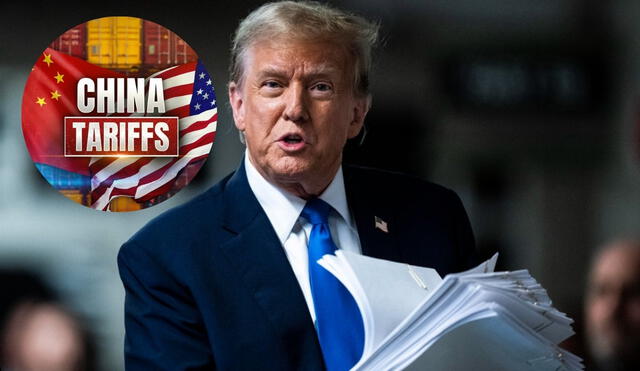Trump advisor links China tariffs to bond market moves
Bond yields spike ahead of U.S. tariff pause, fueling market anxiety. Will quick trade deals calm the storm? The race is on.

Kevin Hassett, director of the U.S. National Economic Council, stated that the 10% universal baseline tariff will likely remain in place for most countries. Only an “extraordinary deal” would convince President Trump to lower that rate. This tariff is central to the administration’s new trade strategy. The U.S. is using it as a starting point for renegotiating global trade deals. Several nations have already shown interest in engaging with this framework.
Hassett: U.S. nears trade deals as tariff pause gains urgency
Hassett revealed that nearly 20 countries have offered trade deals to the U.S. under the new tariff baseline. He believes the 90-day window to finalize these deals is very achievable. Two agreements were reportedly close to completion last week. However, legal processes slowed things down, preventing an earlier conclusion. Hassett emphasized that finalizing trade deals involves extensive legal review.
He also addressed recent bond market volatility and its impact on the tariff pause. Although not the main reason, the bond market’s turbulence likely added urgency to the decision. Hassett said the administration was already planning the pause. The market’s behavior just made the timing feel more appropriate. He reassured that things were progressing in an orderly way.
Bond yields surge before tariff pause, pressuring U.S. trade moves
Bond yields spiked prior to the tariff pause, with the 10-year Treasury rate rising above 4.5% and the 30-year above 5%. Traders speculated that Japan and China may have been selling U.S. government bonds. These developments raised concerns in the White House. The sharp drop in bond prices triggered broader financial anxiety. It became another factor the administration had to monitor closely.
Following the tariff pause announcement, bond yields began to decline. On Thursday morning, the 10-year yield hovered around 4.308%, calming some market fears. The administration now faces pressure to quickly move forward with trade deals. The global response and pace of negotiations will be crucial in the coming weeks. The situation remains fluid as markets and policymakers react.












